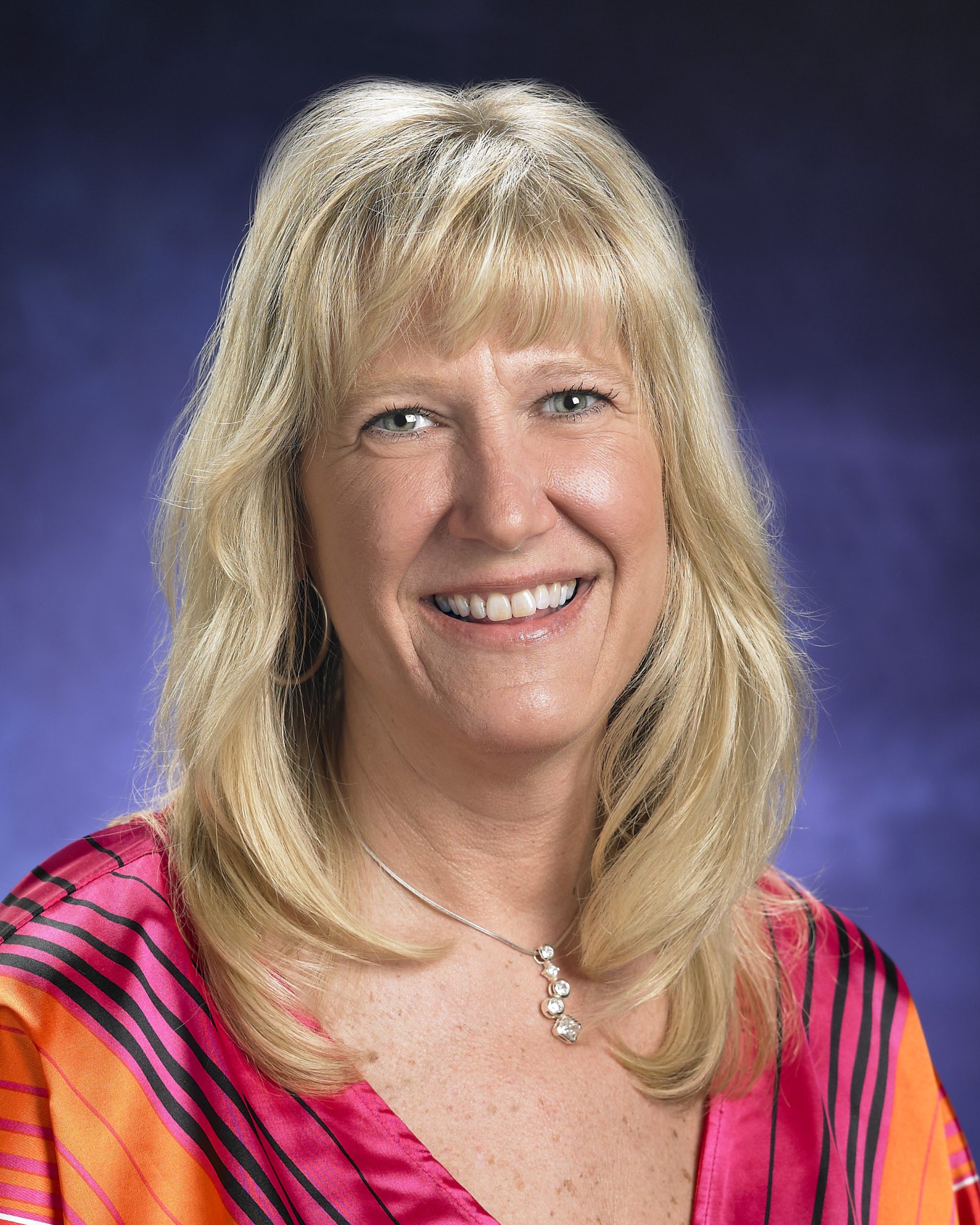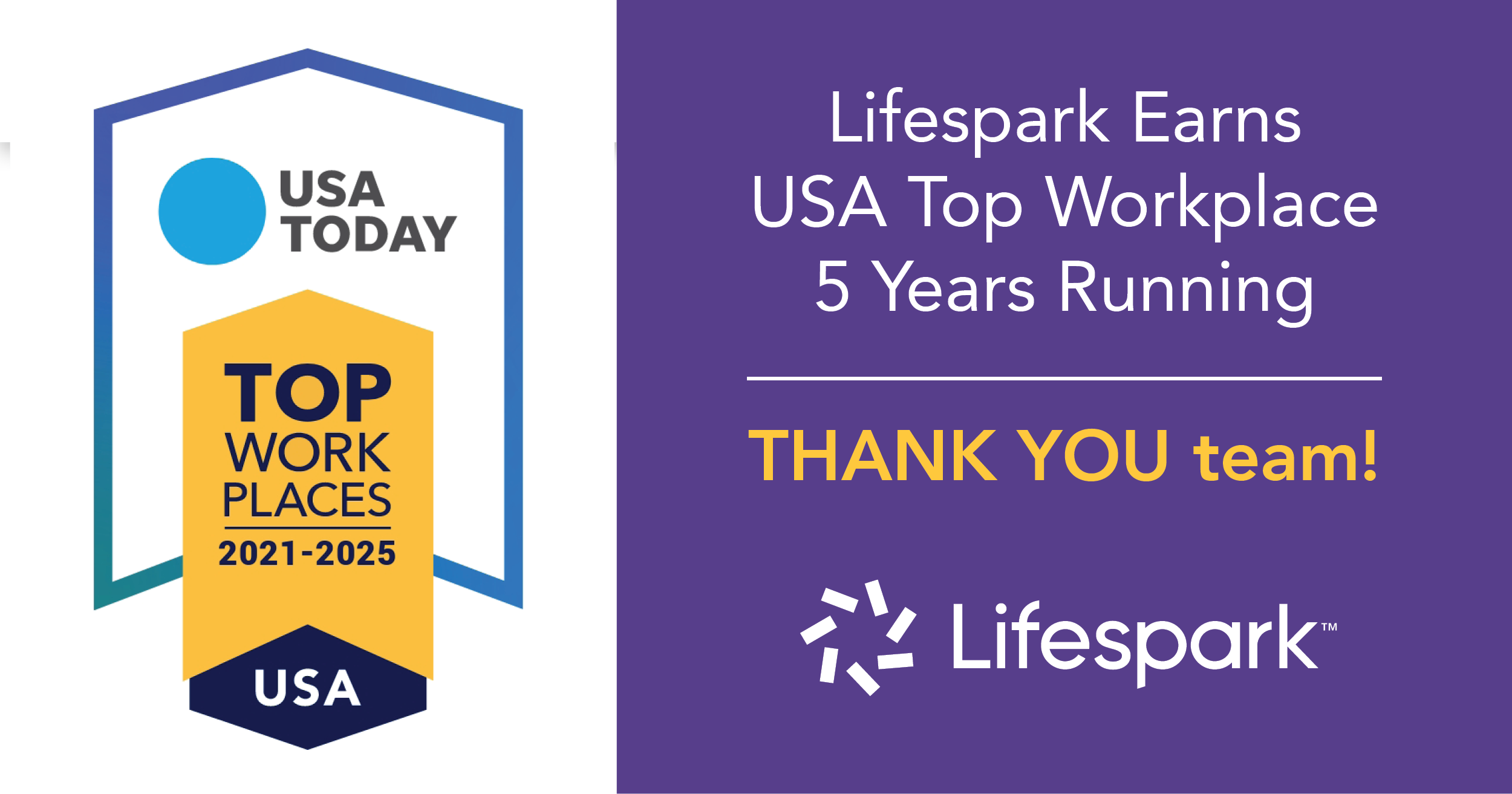
Doris’s story could have been a failed discharge. Her situation had the makings of a perfect storm of unforeseen events that would have landed her in the emergency room or worse, lying on her floor for days from a medication error. It almost happened. Medication adherence is one of the main reasons seniors readmit to the hospital after discharge. Her son lived over an hour away and because she was independent before her hospitalization, it wasn’t unusual for him to wait a few days before calling and checking in. He never would have known if something like this had happened until it was too late.
But this is a different story.
Doris was admitted to Walker Methodist Health Center following pneumonia, sepsis, and a heart attack – her risk stratification indicated she was high risk for poor discharge outcomes. When Doris was ready to go home, Lyn Lais, RN, Life Care Nurse with the Life Care by Walker Transitions program, met with her to perform several global health assessments including using the PRA+ and PROMIS tools to identify the risks involved. Once details were coordinated, Doris was ready to go home with Lifespark Home Health and Lyn checking in over the next few months to evaluate her progress.
Transitional care models have long been publicized as effective strategies to help seniors transition across settings and avoid rehospitalization because they focus on where common gaps occur and support clients in following discharge plans. It’s also why Walker Methodist Health Center recently partnered with Lifespark to improve client outcomes by introducing the Life Care by Walker Transitions program as part of their discharge program for all transitional care unit (TCU) clients. The major difference with this program – it focuses on the whole person, not just the medical issues.
“Working with Lifespark on our Life Care by Walker Transitions program has been wonderful for our staff and patients,” said Mary Sheets, RN, Director of TCU, Walker Methodist Health Center. “We have seen a decline in our rehospitalization rates as well as an increase in patient compliance with follow-up care.” Mary also explained that one of the major benefits of this program is the review component that occurs once the patient is discharged home. The transitions nurse takes the information from the IDT meetings and brings that to the patient’s home to further explain and coordinate any details needed. “Because Lyn has already established a relationship with the patient before they are discharged home, she is able to explain the discharge plans with them in the comfort of their home, to make sure they are comfortable with everything and supports their follow-up,” added Mary.
The goal with this transitions program is to help clients transition to the right service, at the right time. But according to Lyn, it’s not always an exact science. “Every client’s ability to follow-through on discharge plans is different,” explained Lyn. “They may understand fully while at the TCU but once home, they can quickly become unsure of next steps. A few days into her transition home that’s exactly what happened to Doris.”
Despite her success at the TCU and the support from discharge services, Doris was struggling. When Lyn visited with Doris in her home, several issues were identified – she needed support setting up an appointment with a new primary care physician and medication management. Doris’s son thought things were going well and felt once these issues resolved, things would get better.
A week later, with an empty medication box in hand, Doris sat in her primary care doctor’s office feeling very confused and they were concerned she’d taken all of her medications. Doris couldn’t remember. Lyn went back to Doris’s in the morning to dig a little deeper and secured an alarm medication box to assure everyone involved that Doris was taking her medication as needed. What Lyn discovered though was that Doris was more confused than everyone realized. “She couldn’t remember if she had eaten,” said Lyn. “Now I was concerned. This current plan wasn’t working; I had to figure out Plan B.”
Normally in situations like this the ‘easy button’ would be to send Doris to the emergency room but that’s not what Doris wanted. It’s also where costs begin to skyrocket as seniors begin the ‘roller coaster of health care crises.’ Because Lyn works as an extension of Walker Methodist, she instead was able to readmit Doris directly to Walker Methodist TCU, coordinating all the details right from the client’s home. Doris was admitted that day without hospitalization or ER visit.
As Lyn looked long-term, she knew Doris would continue to be a risk for readmission. On her own, Doris struggled with medications, eating the right meals, had limited support locally, and her spiral of confusion was a major safety concern. Lyn made a referral to Lifespark Housing Solutions to help find Doris a housing option that maintained her desire for an independent lifestyle while providing the level of support she needed to keep her healthy.
 “That is the greatest difference between the Life Care Transition program and traditional transition models,” said Lyn. “We use a whole person approach that looks at all elements of wellbeing to adapt plans as needs change but never sacrifice the client’s goals of living the healthiest, most independent life possible. The Life Care Transitions program isn’t through phone calls only. It’s follow-up visits, access to a 24-hour navigation line to answer questions and concerns, on-going assessments, and coordinating details.” It even includes on occasion grocery shopping and rides to doctor’s appointments -and yes, Lyn has done both – to make sure seniors have access to whatever they need to remain successful.
“That is the greatest difference between the Life Care Transition program and traditional transition models,” said Lyn. “We use a whole person approach that looks at all elements of wellbeing to adapt plans as needs change but never sacrifice the client’s goals of living the healthiest, most independent life possible. The Life Care Transitions program isn’t through phone calls only. It’s follow-up visits, access to a 24-hour navigation line to answer questions and concerns, on-going assessments, and coordinating details.” It even includes on occasion grocery shopping and rides to doctor’s appointments -and yes, Lyn has done both – to make sure seniors have access to whatever they need to remain successful.
As for Doris, she is now thriving in a new independent living facility where Lyn continues to connect with her to make sure everything is going smoothly. Her son reports that Doris is doing very well.
“Through the Lifespark and Walker Methodist Health Center partnership, we broke down the silos that often get in the way of providing a seamless continuum of care in an often fragmented healthcare system,” said Lyn. “It has resulted in a wonderful client outcome. There is no one solution, we adapt and reevaluate as things progress to make sure the discharge plans are working to keep seniors right where they want to be.” Mary added, “We have had a dramatic improvement in our discharge process because of this program. I am very proud!”
For more information about the Life Care Transitions program, call 952-737-4395 or email ShineOn@lifesprk.com.




